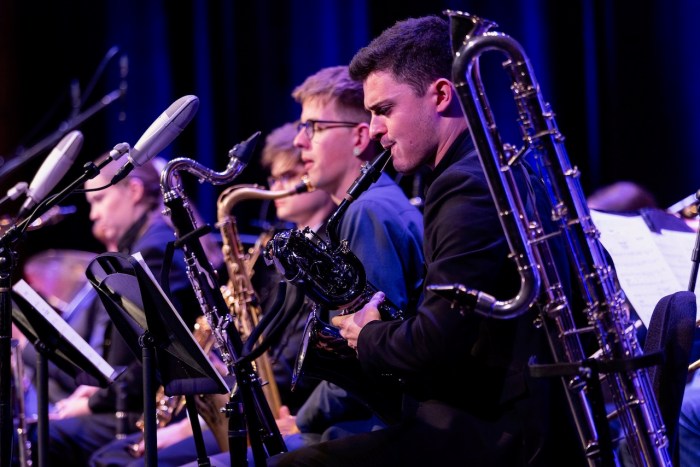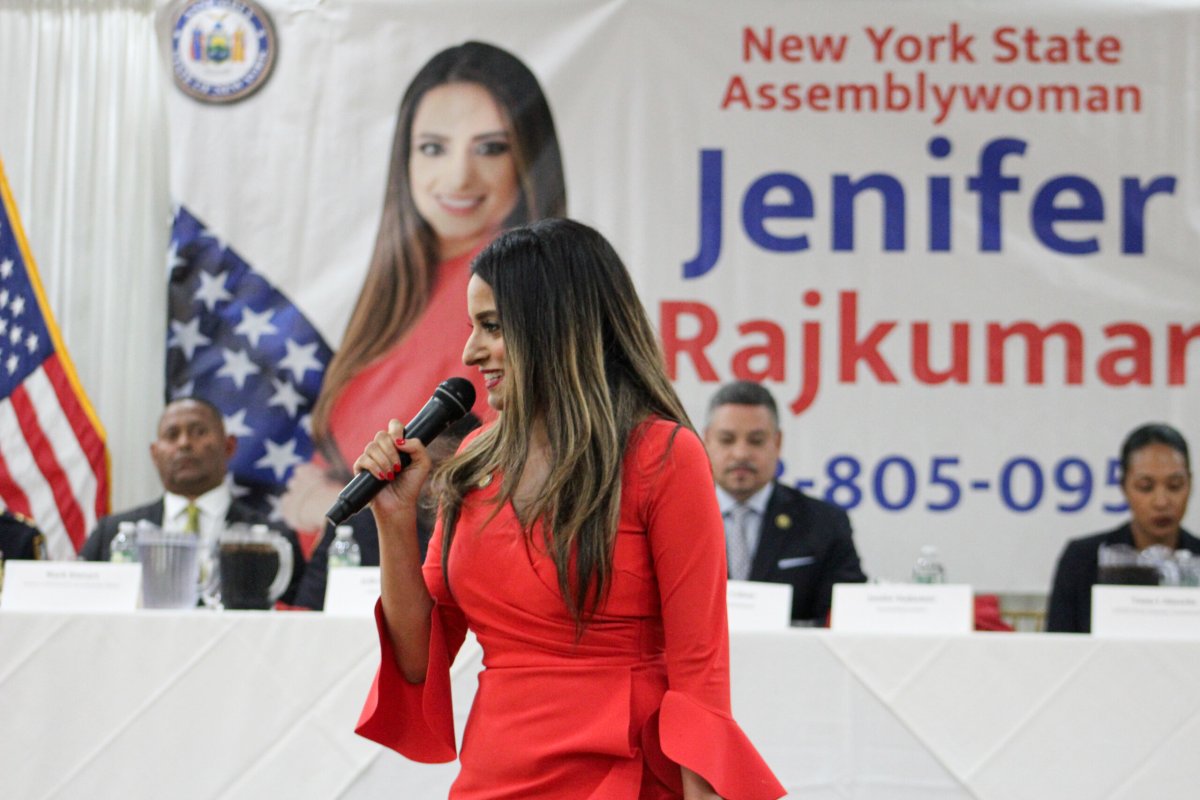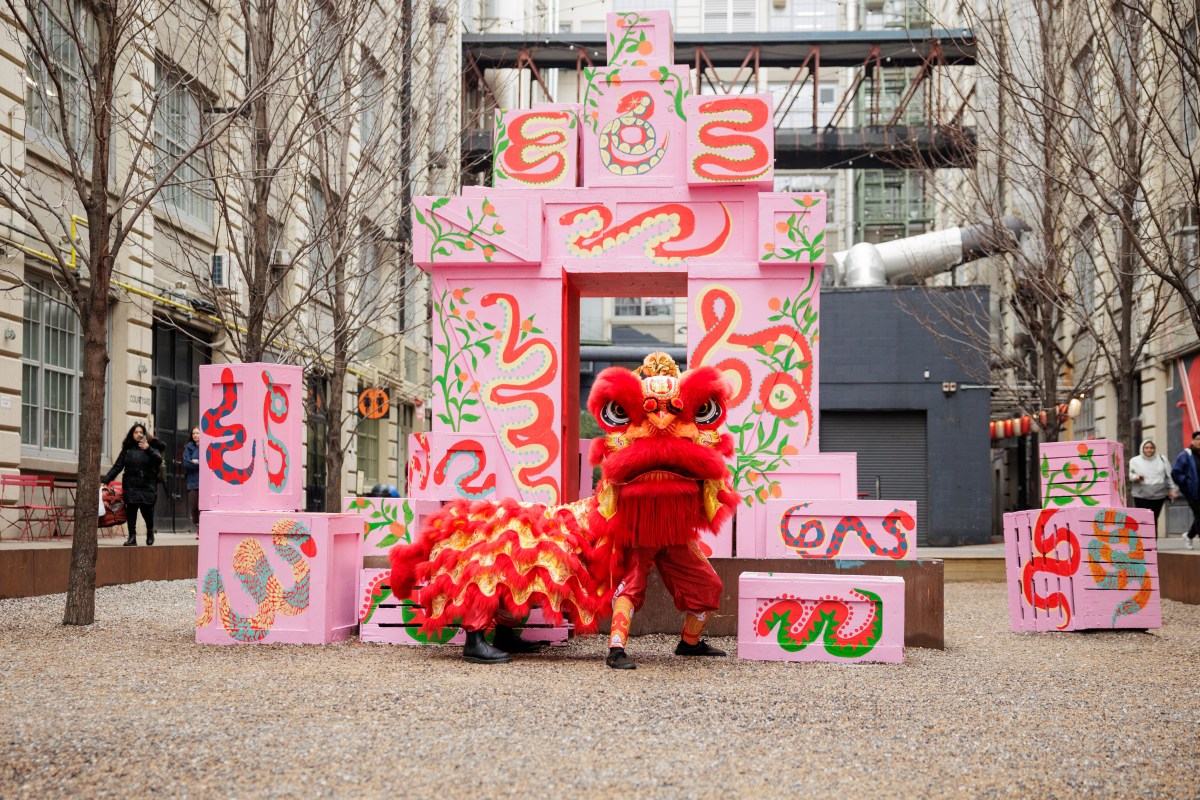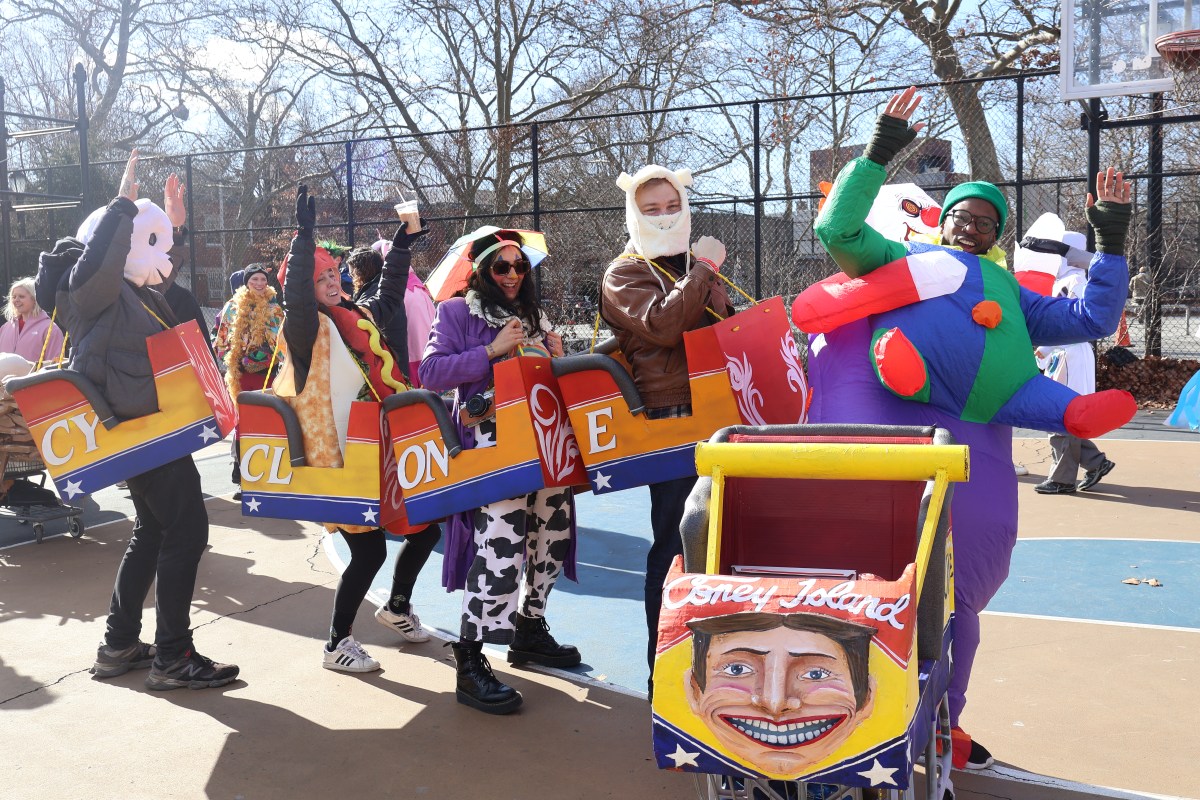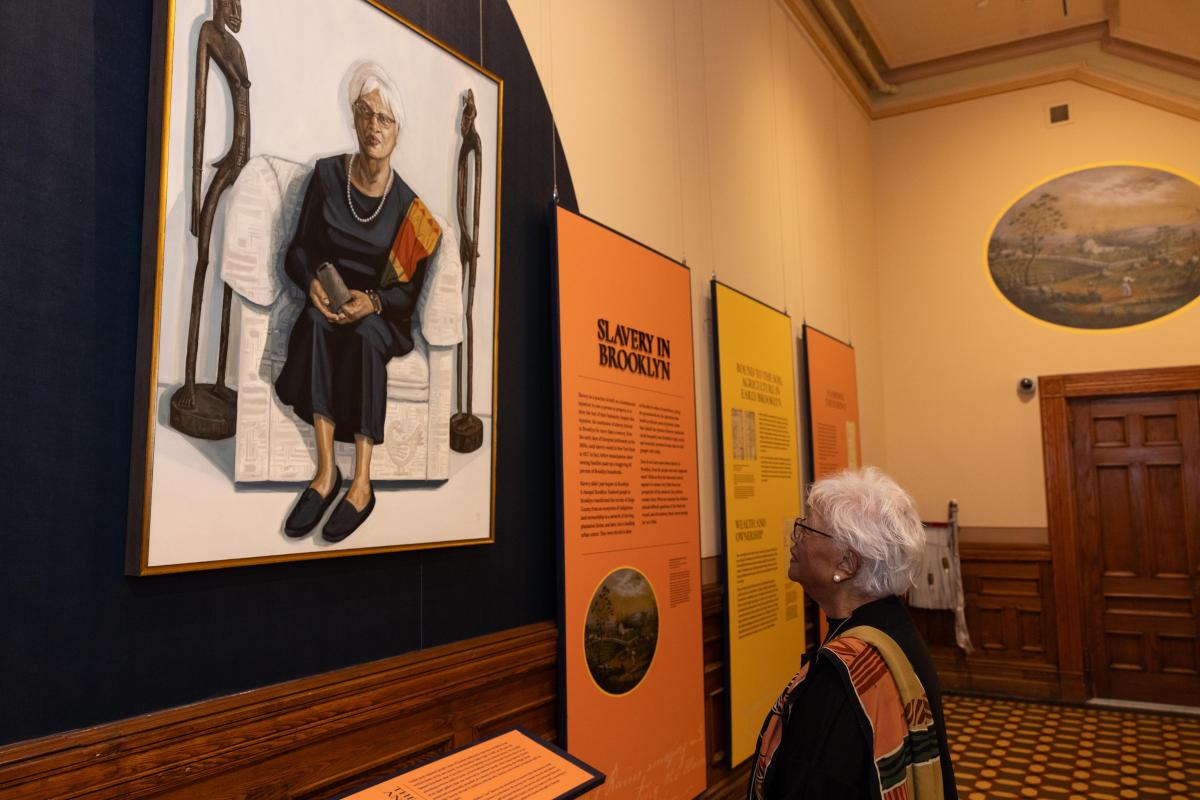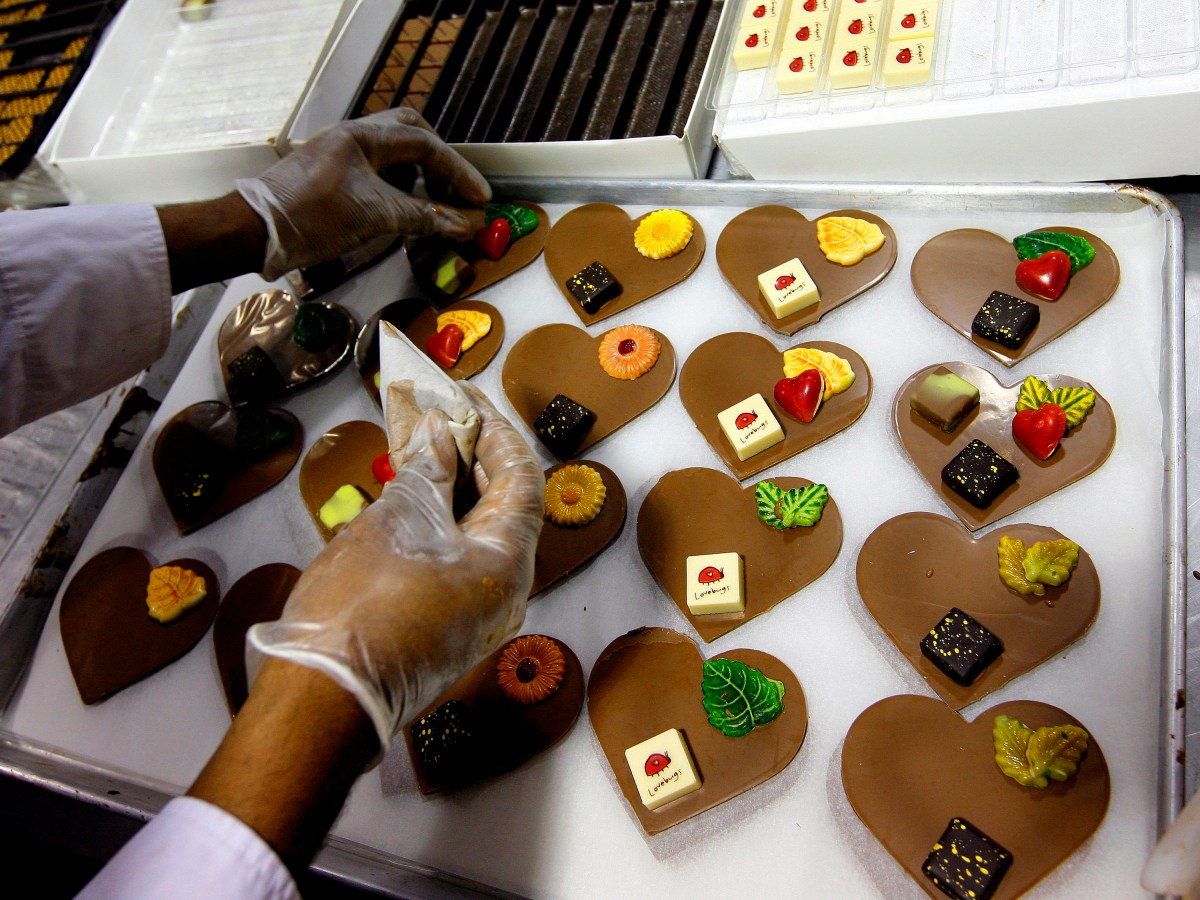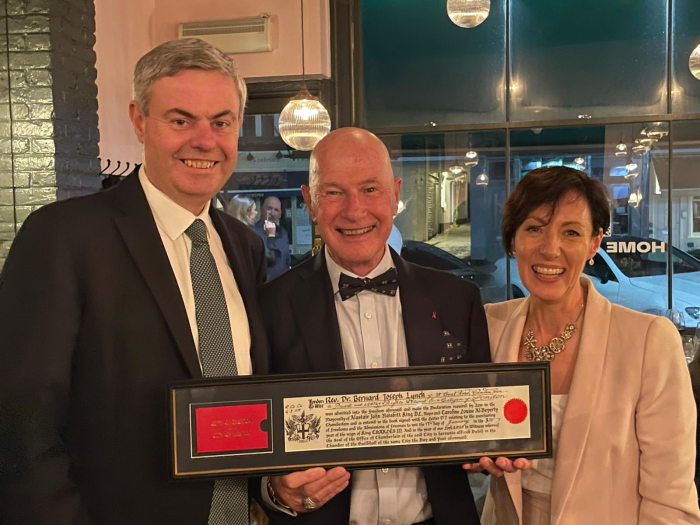Advocates for the disabled are pushing back against a proposed law to ban plastic straws in New York City, claiming environmentalists and city officials ignored their needs when crafting the legislation which is currently under review in the City Council.
“Straws might be a minor issue to you, but it’s a big issue to us,” said Sharon Shapiro-Lacks, board member of the Brooklyn Center for the Independence of the Disabled. “This shows how we are overlooked when policies are being considered.”
Shapiro-Lacks said plastic straws are necessary for her and others to drink independently. She joined a group of advocates recently to meet with City Councilman Rafael L. Espinal Jr., the author of the plastic straw ban, and ask for it to be amended.
“We are calling for [plastic straws] to be given upon request,” said Edith Prentiss, president of Disabled in Action of Metropolitan New York. “We also want signs that inform people they can ask for a straw.”
A spokeswoman for Espinal said the Councilman and his office will continuing to speak with advocates on the issue. One option being weighed is allowing businesses to provide compostable plastic straws to anyone who asks for one.
Shapiro-Lacks and Prentiss said straws made from other materials, such as paper and metal, are inferior to plastic and sometimes have a strange taste. They also rejected suggestions that people should carry straws with them.
“It’s like telling someone who cannot access a bathroom to bring their own toilet,” said Shapiro-Lacks, who has cerebral palsy.
The proposed plastic straw ban has been heralded by environmentalists who say the ubiquitous drinking utensil ends up in the oceans and is a major contributor to pollution.
The City Council has conducted one hearing on the bill but has not yet taken a vote.
Momentum to ban plastic straws has been growing across the country. Seattle’s ban against single-use plastic straws and utensils kicked in on July 1. And last week Starbucks announced it would eliminate plastic straws from 28,000 stores across the globe by 2020.
The company also unveiled a possible replacement lid with built-in spout that some have derided as an adult sippy cup.
“People with disabilities often do not have the control to manage a cup,” said Prentiss, 56, who lives in Washington Heights. “Anyone with hand-eye coordination skills, fine motor skills issues are at a loss.”
Starbucks responded with a statement that it would “continue to offer straws to customers who need or request them in our stores.”
Several advocates had planned to protest outside the Union Square Starbucks on Sunday after the Disability Pride Parade. But that was canceled after Starbucks reached out on Saturday, Prentiss said.
“They said they are committed to working with us to resolve the issue,” she said.








